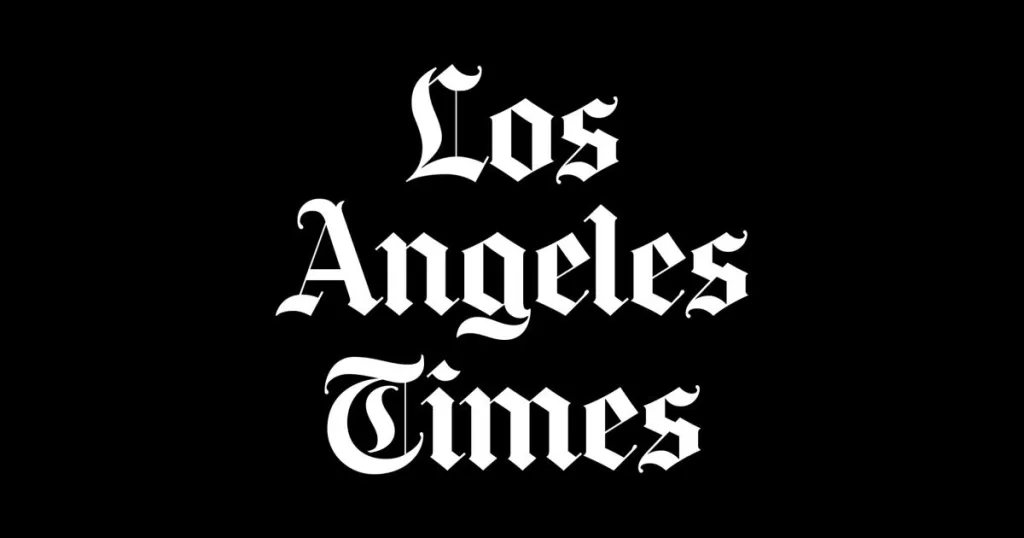You probably remember his suspension of the Republican National Convention’s first day of business in order to raise funds and awareness for the victims of Hurricane Gustav (a move that, besides allowing umpteen convention speakers to praise McCain’s selfless patriotism, neatly airbrushed the unpopular sitting president and vice president from the proceedings).
But McCain first used the tactic to spectacular effect way back in March 1999, when — even though his White House run had been chugging along for five months — he postponed the “official announcement” of his candidacy so that the nation could focus as one on the week-old war in Kosovo. “It’s not appropriate at this time,” the somber senator said then, “to launch a political campaign.”
How did that play out? As McCain’s sympathetic first biographer, Robert Timberg, wrote, “His decision amounted to a masterful political stroke.”
Overnight, McCain became the go-to guest on cable news shows, rallying the bipartisan cause for military intervention, urging his Senate colleagues to put patriotism ahead of party and saying he’d rather lose an election than lose a war. “Professional politicians of both parties were wowed by McCain’s beaugeste,” the Washington Post’s Mary McGrory wrote at the time (as noted by Timberg). “[McCain] is getting yards of publicity for a non-event.”
With all that free media — including separate appearances in a single day on Fox News, CNN, PBS, CNBC and MSNBC — the Arizona senator’s poll numbers shot up from the statistically insignificant to the respectable double digits. McCain enthusiast David Brooks, writing in these pages in February 2000, identified Kosovo as the metaphorical jumper cables on the Straight Talk Express. “Suddenly,” Brooks wrote, “McCain was being quoted all over. He emerged as the most prominent GOP voice on foreign affairs. As the Carnegie Endowment’s Robert Kagan noted, Kosovo was the first primary and McCain won it.”
As this week has shown, the act of “suspending” a presidential campaign is a mostly nonsensical idea 40 days before an election. McCain and his subordinates are still all over television, still running advertisements, still holding conference calls with reporters and still collecting donations.
The only substantive difference between his suspended campaign and the real thing is his threatened unilateral pullout from tonight’s long-scheduled debate with Barack Obama on foreign policy. That’s his (presumed) strongest subject, and he would obviously prefer discussing it in a week when the president of the United States was not predicting economic catastrophe unless Congress passes a vague, $700-billion Wall Street bailout.
But if McCain’s latest “country-first” outburst is a mostly empty symbol in terms of actual campaigning, it’s a meaningful one in other ways. By taking what was originally Obama’s behind-the-scenes initiative of cobbling together a joint candidate statement on the bailout package and opportunistically turning that into yet another chance to portray his patriotism as shinier than his opponent’s, McCain is ripping what little facade remains over his campaign. This is not an election about ideas or policy; it’s an election about a Great Man, facing down an interloper.
The upside to running a Great Man campaign against Obama is obvious: The Illinois senator is untested and comparatively unvetted at a time of war. McCain’s Vietnam heroism, on the other hand, continues to be so jaw-droppingly impressive that even David Letterman had to mention it Wednesday at great length before ripping into the candidate for ditching his show at the last minute.
And, in general, the more of the next few weeks that can be used up stressing vague issues of patriotism and “cleaning up Wall Street,” the better McCain’s chances of continuing to avoid any talk of the elements of his record that key parts of his GOP coalition despise. (For example, campaign finance reform, a phrase that was not uttered by a single Republican at their national convention, even though it was the centerpiece of McCain’s 2000 campaign.)
But as many Great Men come to learn, there is a colossal downside built into running a campaign on outsized personal virtue. The line between stoic, honorable service and showy moral vanity is oftentimes difficult to maintain.
And when a candidate confuses his own political ambitions with the fortunes of his country, that’s when Great Men turn into self- parodies.
“I have craved distinction in my life,” McCain wrote in his 2002 political memoir, “Worth the Fighting For.” “I have wanted renown and influence for their own sake. That is, of course, the great temptation of public life. … I have never been able to conquer it permanently, but I have tried.”
Don’t say he didn’t warn us.
Matt Welch is the editor in chief of Reason and the author of “McCain: The Myth of a Maverick.” matt.welch@reason.com
